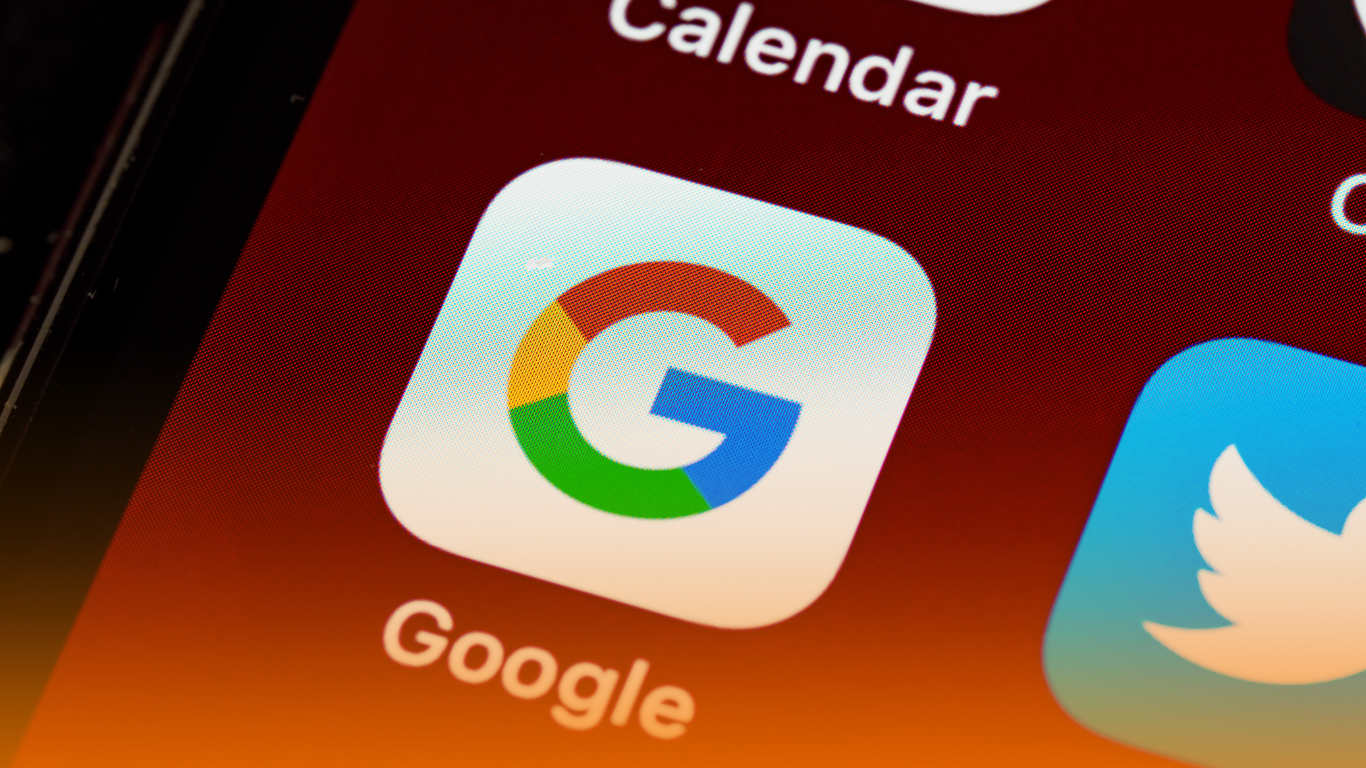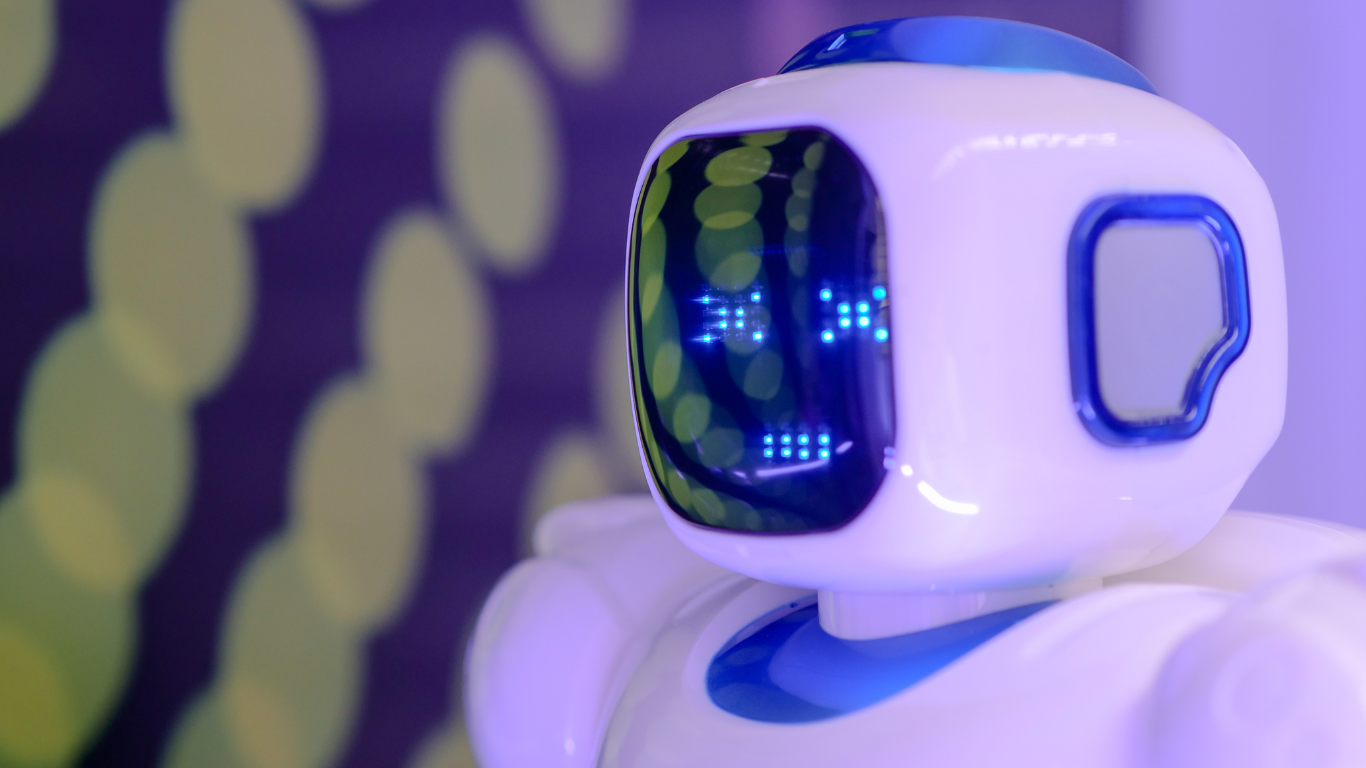The artificial intelligence in marketing (AI) has burst onto the social media landscape, offering exciting new ways to connect with customers and optimize strategies. From personalized advertising to data-driven campaigns, AI is transforming the way brands interact with their audience.
But what types of AI are there and how can they be effectively applied in marketing? We explore the different variants of this technology and how they can drive the success of your strategies.
Reactive AI for real-time advertisements
Reactive AI is the most basic type, but can be incredibly powerful in marketing. These systems analyze large amounts of data in real time to optimize ad campaigns. For example, reactive AI can automatically adjust bids in ad auctions based on user behavior, maximizing ROI.
Artificial Intelligence in limited-memory marketing can use past data to learn and improve. This applies to recommendation systems that analyze customers' previous interactions and preferences to suggest relevant products or content. Think of product recommendations on e-commerce sites or movie and series suggestions on streaming platforms.

Although not mentioned in the original article, natural language AI is crucial in marketing. This technology enables chatbots and virtual assistants to understand and respond to customers in a natural, conversational way. This improves the customer experience and can increase conversion rates by offering personalized assistance in real time.
As theoretical artificial intelligence (AI) of the mind advances, marketing campaigns could be radically transformed to adapt not only to customers' preferences and behaviors, but also to their individual emotions and personalities. Imagine ads and messages specifically designed to resonate with your deepest motivations and feelings, creating a unique, personalized connection that deepens your relationship with the brand. This advanced personalization approach could lead to a whole new level of interaction, where every marketing message is tailored to align with the consumer's emotional state and psychological inclinations in real time.
In essence, the integration of theoretical AI of the mind into marketing strategies represents a revolution in the way companies interact with their customers. It provides an opportunity for brands to become more empathetic and attentive, predicting and responding to customers' emotional needs in ways that were previously only possible in direct human interactions.
How to use the Artificial Intelligence in marketing effectively
As we explore the possibilities of artificial intelligence in marketing, we must also consider how to implement it effectively. Collecting and analyzing customer data is critical to feeding these systems and ensuring accurate results. In addition, constant testing and tweaking is key to optimizing campaigns and staying ahead of changing trends.
AI can also automate tedious tasks such as data analysis and reporting, freeing up time and resources for marketing teams to focus on strategy and creativity.
As we move toward an increasingly intelligent, data-centric future, understanding the different types of Artificial Intelligence in marketing and how they can be applied in marketing will be crucial to staying competitive. From reactive AI for real-time ads to theoretical AI of the mind for emotional campaigns, this technology offers endless possibilities for improving customer connections and driving business growth.
At 15Element We create the best strategies to harness the power of AI in marketing. Click here and schedule your appointment to find out how we can boost your business with smart solutions. and data-driven.




